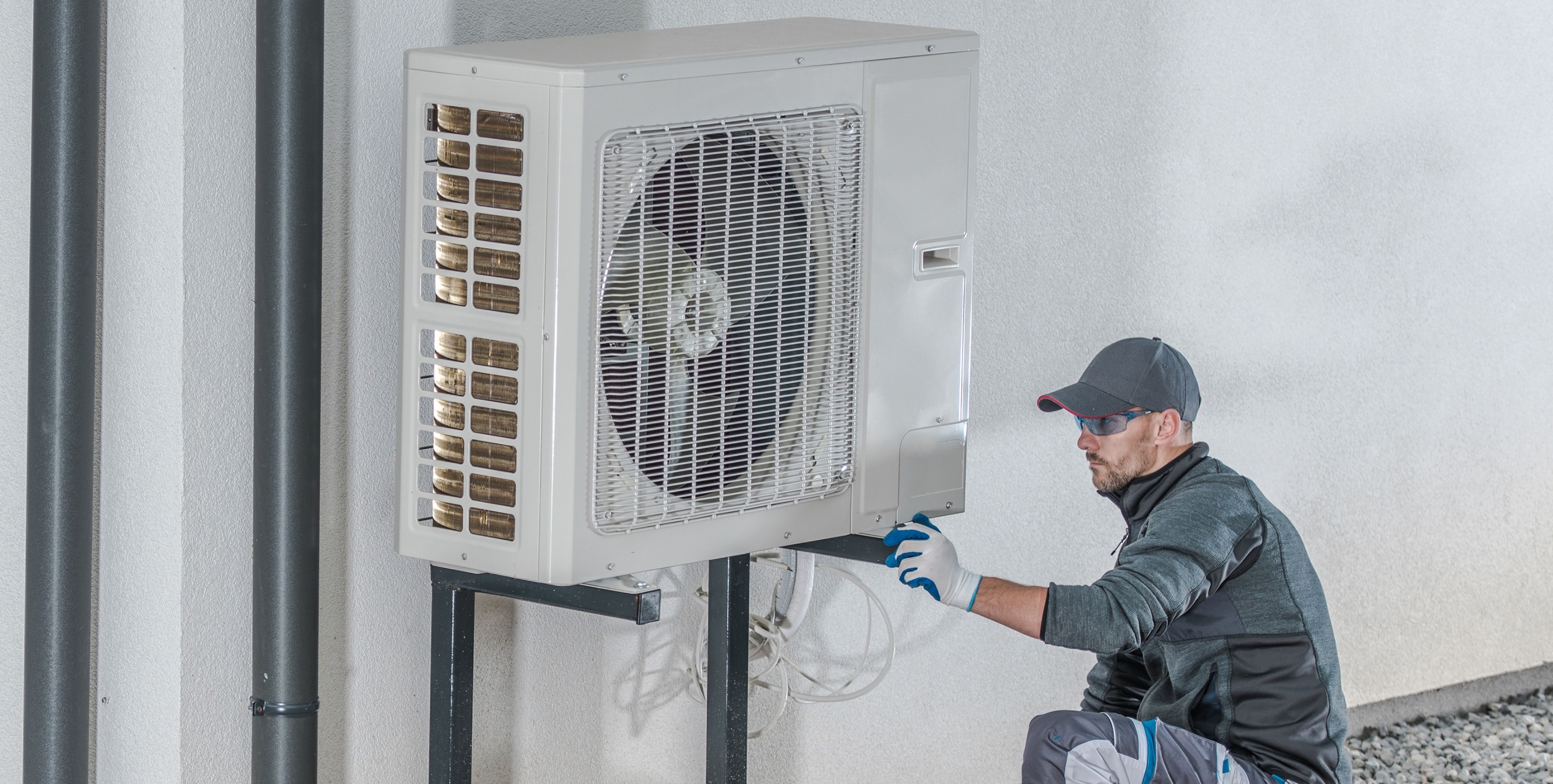The lack of mandatory qualifications for heat pump installations not covered by the Boiler Upgrade Scheme (BUS) has reignited the fuel behind the Chartered Institute of Plumbing and Heating Engineering (CIPHE)’s crusade for a focus on quality.
Under the scheme, which enables homeowners to apply for a grant to partially cover the cost of replacing fossil fuel heating systems, engineers installing heat pumps must be MCS certified. However, there is currently no mandatory qualification on top of the minimum NVQ Level 2 qualification, for general heat pump installations completed outside the scheme. The CIPHE is warning that without this, systems could be environmentally and financially inefficient and even dangerous for system users.
Kevin Wellman, CEO of the CIPHE says, “Competency is essential. So, the idea there’s no minimum legal standard for all heat pump installations is nonsensical. With proficient installation, heat pumps can provide low-carbon heating which saves money and has a positive impact on the environment. In cases where poor installations are carried out, there could be disastrous ramifications.
Plus, there may even be an influx of legal claims years down the line. We are all vulnerable if plumbing and heating work is poorly executed and, if plumbing and heating professionals are not appropriately trained and a legal standard put in place, the consequences could be severe.”
In November 2022, the Department for Business, Energy and Industrial Strategy (BEIS) launched a £9.2 million energy efficiency training scheme. However, the Scottish Heat in Buildings Strategy document states: there are no specific statutory minimum qualifications required to install zero direct emissions heating systems, or carry out energy efficiency works.
Kevin is now calling for a legal qualification requirement for all installers: “Steps like the BEIS investment and updates to the Scottish Heat in Building Strategy are extremely positive. However, this must be underpinned by a mandatory minimum standard for all heat pump installers, including those installed outside of the upgrade scheme. Given that many boiler replacements are distress purchases, there will be a percentage of the population who cannot wait for government grants to come through. In these incidents consumers may be vulnerable to poor installations.”
Currently, there are around 1,300 companies certified to install heat pumps*, putting the approximate number of qualified heat pump installers at a mere 4,000. According to Nesta, this means the industry must add roughly 5,000 to 7,000 engineers every year from 2025 until 2035 to meet the target of 600,000 heat pump installations per year by 2028.
Kevin adds: “I certainly agree that we must bring more installers on board and the CIPHE celebrates the efforts of BEIS in this area. Without more qualified professionals, current installers will need to work 25-hour days, eight times a week to hit Net Zero targets. That is simply absurd. As such, government and industry must continue working together to attract new recruits while promoting ongoing training for those already in the industry. Quantity must be balanced with quality.”
For more information on plumbing or heating training, please visit:
www.ciphe.org.uk/professional/careers--trainees/
*According to the Microgeneration Certification Scheme (MCS) database

